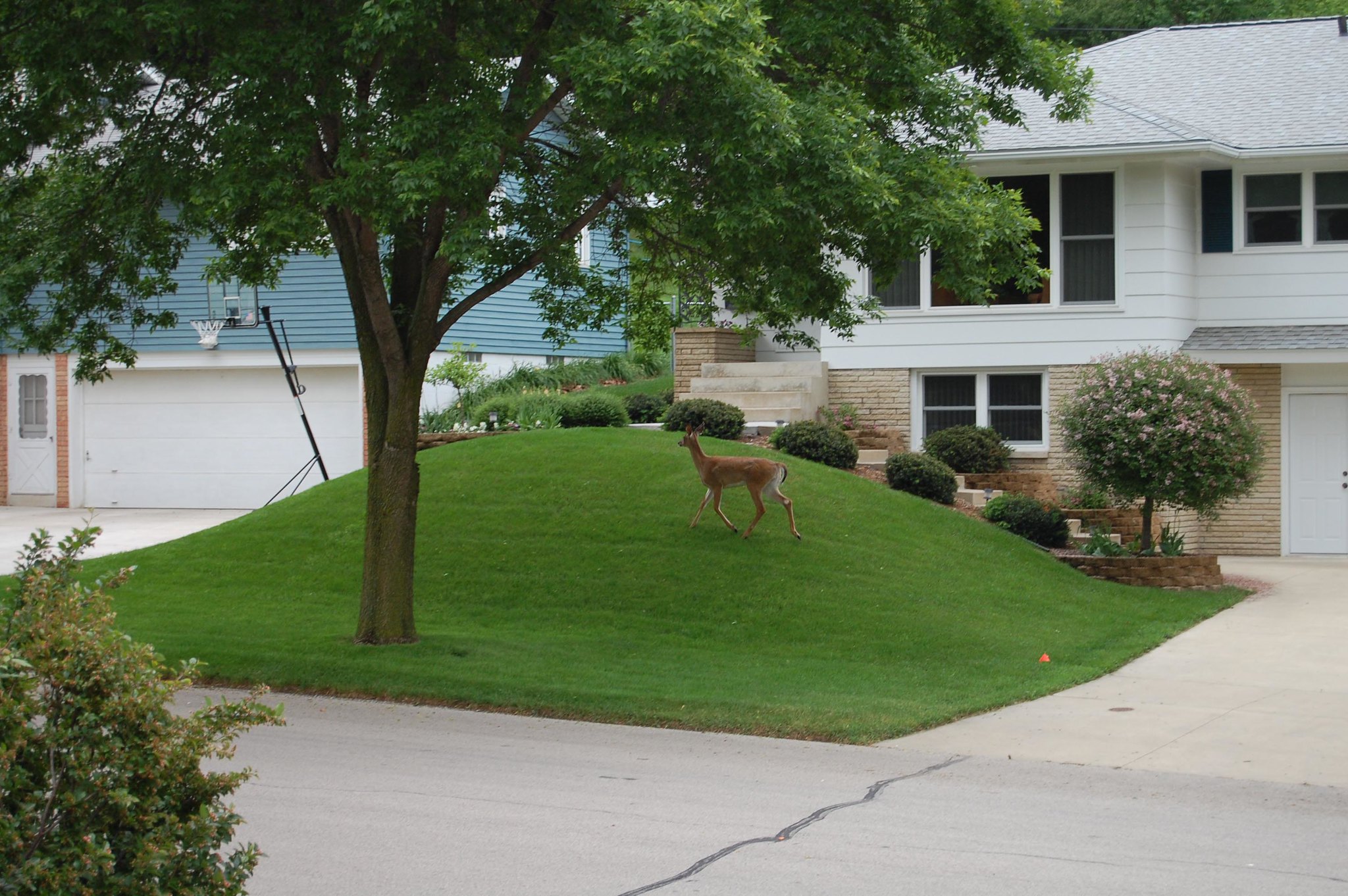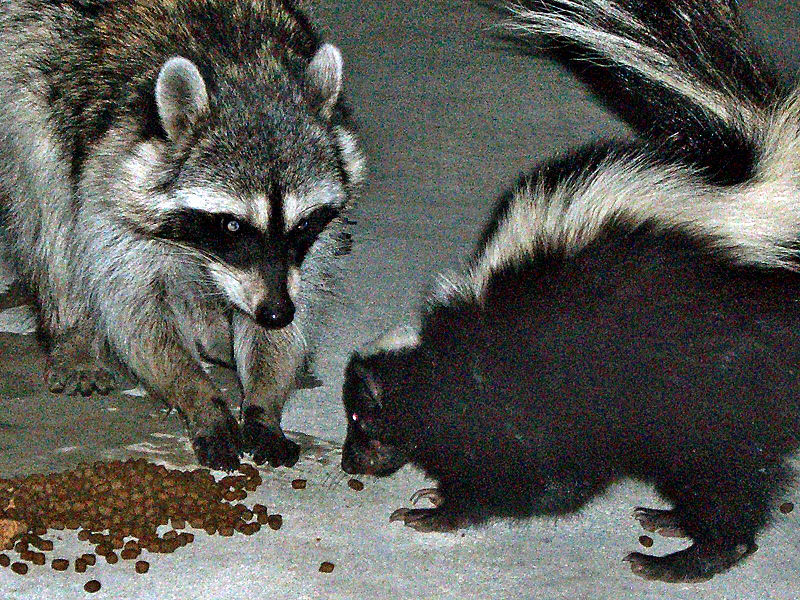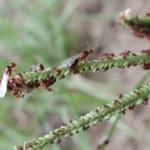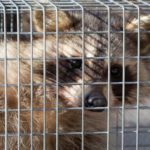
What You Can, Can’t Do About Wild Animals in Houston
Houston is not only home to over 2.3 million people, but it’s also home to rats, mice, squirrels, raccoons, opossums, bats, skunks, armadillos, foxes and much more.
In an ideal world, we’d all live harmoniously, but that’s not always the case. Sometimes these wild creatures choose to take refuge in your yard or even worse, your home! They can tear up your lawn, knock over trash, or even find a way in through your attic. This is not only a nuisance, but it’s also a health issue. Many wild animals carry diseases such as rabies and salmonella.
Obviously, somebody has got to go – and since you pay the mortgage, it’s not going to be you.
So what can you do to get rid of Houston’s wildlife pests? Let’s take a look at the dos and don’ts of wildlife animal control here in Houston.
What You CAN Do to Remove Critters From Your Houston Home
Call 311 if the animal is inside your home
If the wild animal has found its way inside your home, call 311. That is the phone number for a nonemergency municipal line that you can use to report a number of issues in Houston (such as a water leak, traffic light issue, or an unwanted critter on your property). A 311 agent can help to get you to the right city department quickly to remove the animal from your home.
Contact a licensed pest control company for animals in the garage or attic
If the critter is in your attic or garage, you should call in licensed pest control to remove it. Their license allows them to safely remove larger critters like raccoons and opossums. Or to put out the proper bait to kill rats.
Call the TWRC Wildlife Center for an injured wild animal
If the animal that you spot is injured, you can call the Texas Wildlife Rehabilitation Coalition (TWRC). TWRC has a facility for injured and orphaned wildlife. Keep in mind, however, that the TWRC will not send someone to pick the animal up. You must collect it and take it to their facility.
Contact Animal Control
If the wild animal is one that is normally domesticated (such as stray dogs or cats) then you can call animal control for help. And it’s best that you do. Stray cats and dogs carry disease, fleas, and ticks and can transmit these to your yard and home, even if you don’t have pets of your own. Harris County’s public health department maintains a list of Harris County Area Animal Control Agencies.
Get to safety if the wild animal is in your yard

If you spot a raccoon, skunk, fox, or other wild animals in your yard, the best thing you can do is get inside your home – and make sure all pets and people on your property are inside as well. Give the animal space and wait for it to leave. Once it is gone, take measures to prevent it from coming back such as limiting (or eliminating) bird feeders, placing a fence around a garden, or ensuring that trash can lids are on tightly.
What You CAN’T Do in Houston to Get Rid of Unwanted Animals
Do not attempt to trap a wild animal
In Houston and the state of Texas for that matter, it is unlawful to trap a wild animal unless you are a police officer, licensed pest control service, animal control officer, or part of an approved humane organization.
Don’t relocate a wild animal
Like trapping, it is illegal for you to attempt relocating a wild animal. Only licensed and approved authorities and professionals can legally do this. While it seems like a humane option, it can actually be more detrimental. Relocated animals may struggle to survive in the new environment and could potentially transport new diseases and parasites with them to their relocated area. So, don’t do this on your own, contact someone licensed to handle the critter.
Don’t use pellet bait to kill rats
Finally, you can kill rats and mice with poison. Rodenticide products are most commonly used for rat control. They are anticoagulant compounds that cause death by excessive bleeding. However, there are some restrictions on what you can and can’t use with rats. The U.S. Environmental Protection Agency has banned the use of rat poison in the form of pellets for consumers.
However, you can purchase them in block or paste form, but they cannot contain more than 1 pound of rodenticide bait. Products that contain the most toxic active ingredients including brodifacoum, bromadiolone, difenacoum, and difethialone cannot be purchased by consumers, but are available for use by professional pest control services.
Main image credit: City Deer by Rob Claussen. CC by SA 3.0





